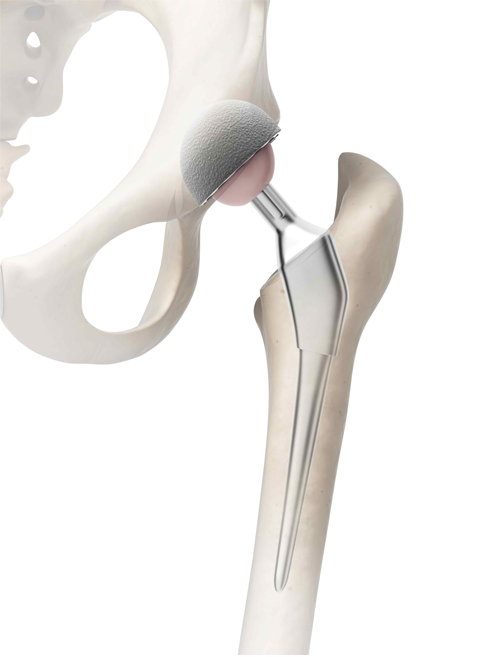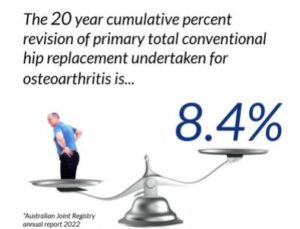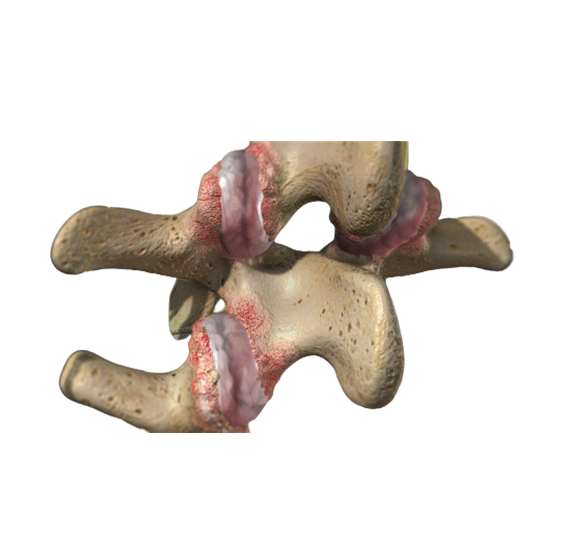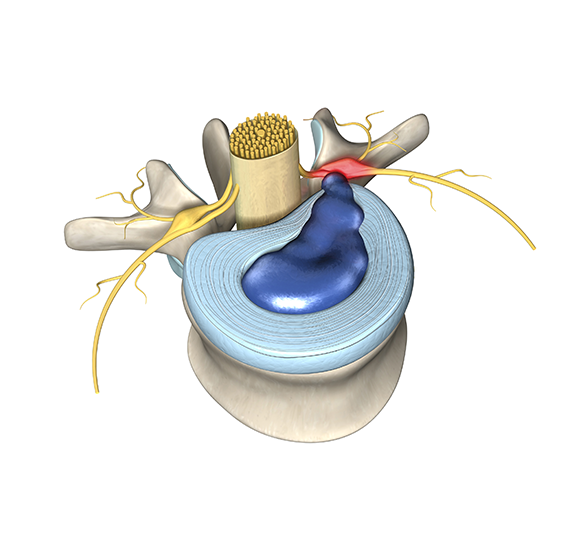
No One is Too Fat For Total Hip Replacement Surgery
No One is Too Fat For Total Hip Replacement Surgery https://bestpracticehealth.com/wp-content/uploads/2022/07/Body-mass-index-new.png 493 657 Best Practice Health Best Practice Health https://bestpracticehealth.com/wp-content/uploads/2022/07/Body-mass-index-new.pngI was recently asked by a patient on YouTube “Do your hip replacement surgeons see patients who are overweight?” And it made me sad. I’ll tell you why; because it’s ignorant, and this notion is keeping people from getting the help they need. Obesity is a legacy risk factor for total hip replacement, but the science does not support it.
To figure out where this came from, I did a database search on PubMed, the website for the National Library of Medicine. I searched for “Obesity risk factor total hip replacement revision.” Sure enough, the search produced 86 papers. They contained statements like “Morbid obesity, a risk factor…” and “Obesity is associated with…” etc.
You would never know from all these papers that the truth is the opposite. There are four failures that cause the majority of total hip replacement revisions.

It would make sense that obesity would make each of them worse. Higher BMI is generally associated with higher risk of infection. In addition, you would think that higher body weight would put extra stress on the total hip replacement implant, making it more likely to fail over time.
But you would be wrong. As one of the oldest and most extensive registries of total hip replacements in world the Australian registry has become the gold standard around the world for outcomes from joint replacement surgery. In the Australian Registry’s Annual Report for 2022 it is clear the odds of failure of a total hip replacement go down with higher Body Mass Index.
Don’t get me wrong; it’s not good to be fat. To be safe for outpatient surgery on generally needs a BMI < 40. So, if you’re over 40 you must have your surgery in a hospital, which I would consider less safe. (You can improve your odds by finding a facility on Hospitalcompare.gov with a lower than average rate of complications for joint replacement) And the Australian data also show that is safer to be skinny than normal weight. Fat people also have a higher risk of pulmonary embolism (although surprisingly not blood clots).
It’s worth noting that the overall the risk of total hip replacement over 20 years in the Australian registry is low.

And that it is not significantly increased by higher BMI.
Too often this becomes a chicken and egg situation. As your hip hurts more you become inactive and depressed. The more inactive and depressed you are the more weight you gain. The more weight you gain the easier it is to have some ignorant provider deny you the proper treatment.
It’s time to put this nonsense behind us. NO ONE IS TOO FAT FOR TOTAL HIP REPLACEMENT. By the way, no one is too young, either.

Dr. Dan Lieberman, M.D.
- Posted In:
- Total Hip Replacement






